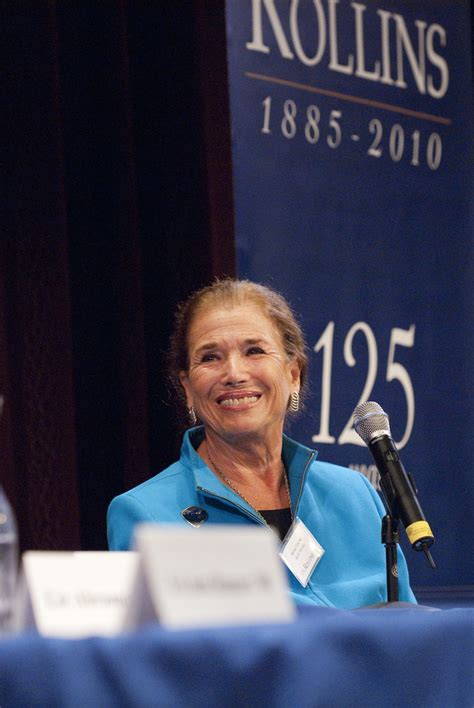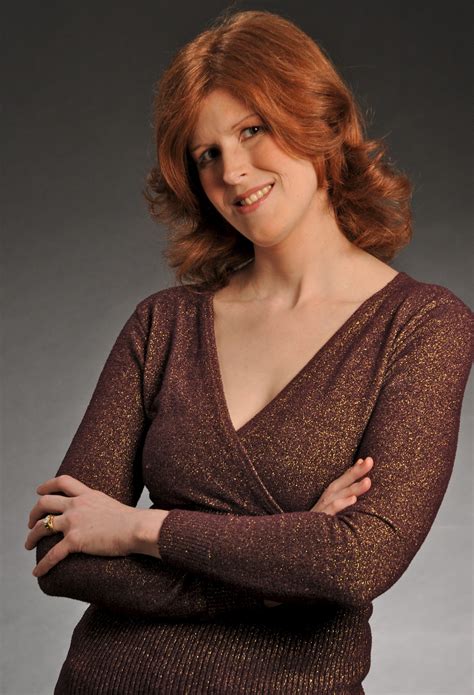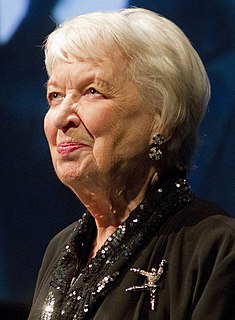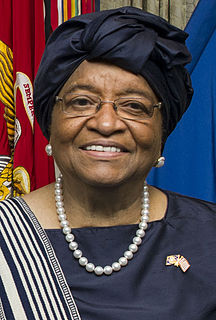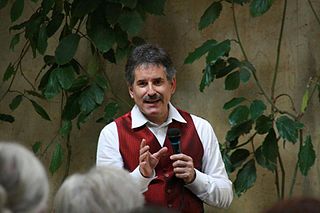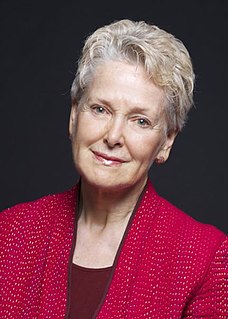A Quote by Adele Logan Alexander
For all kinds of reasons, it is more difficult to track women's lives. Women's words have simply been considered less important, so they have been preserved less often.
Related Quotes
Think of US slavery in 1850, or the subjection of women. Both of these injustices could have been - and were! - defended by pointing out, quite correctly, that this situation of slaves and women had been improving throughout the preceding century. Slaves, in particular, were worked less hard, beaten and raped less frequently, better fed, and less often ripped apart from their families. So would a celebration of moral progress have been appropriate in 1850? Surely not. Slavery could have been and should have been abolished - then, if not before.
Women lead in ways different from men's. Men, I think, have been programmed to give orders. Women have been programmed to motivate people, to educate them, to bring out the best in them. Ours is a less authoritarian leadership. I think women tend to play hardball less often. This is the trend of office politics anyway: the days of warring factions are over. We're talking now in terms of cooperation, and I think that is the game women play best.
Men have been domesticated, and I don't think it's necessarily good for them. They have been emasculated with the pill and women becoming more independent. I do think it's made a big difference for women to have more charge of their own bodies. It's made them feel more on equal terms and made the men feel less secure, less the master of everything.
Women have always been the primary victims of war. Women lose their husbands, their fathers, their sons in combat. Women often have to flee from the only homes they have ever known. Women are often the refugees from conflict and sometimes, more frequently in today's warfare, victims. Women are often left with the responsibility, alone, of raising the children.
Here's the pay paradox that Why Men Earn More explains: Men earn more money, therefore men have more power; and men earn more money, therefore men have less power (earning more money as an obligation, not an option). The opposite is true for women: Women earn less money, therefore women have less power; and women earn less money, therefore women have more power (the option to raise children, or to not take a hazardous job).
There is no going back to a time when most women will feel compelled to enter or stay in a bad marriage just for economic security or social respectability. So today, the best way to get women once more interested in getting married and having children is for men to accept women's new insistence on equality. This is, I think, why educated women in America, are now more pro - marriage and more disapproving of divorce than other groups of women who have less experience with egalitarian partners or less clout in getting their needs met in relationships.


